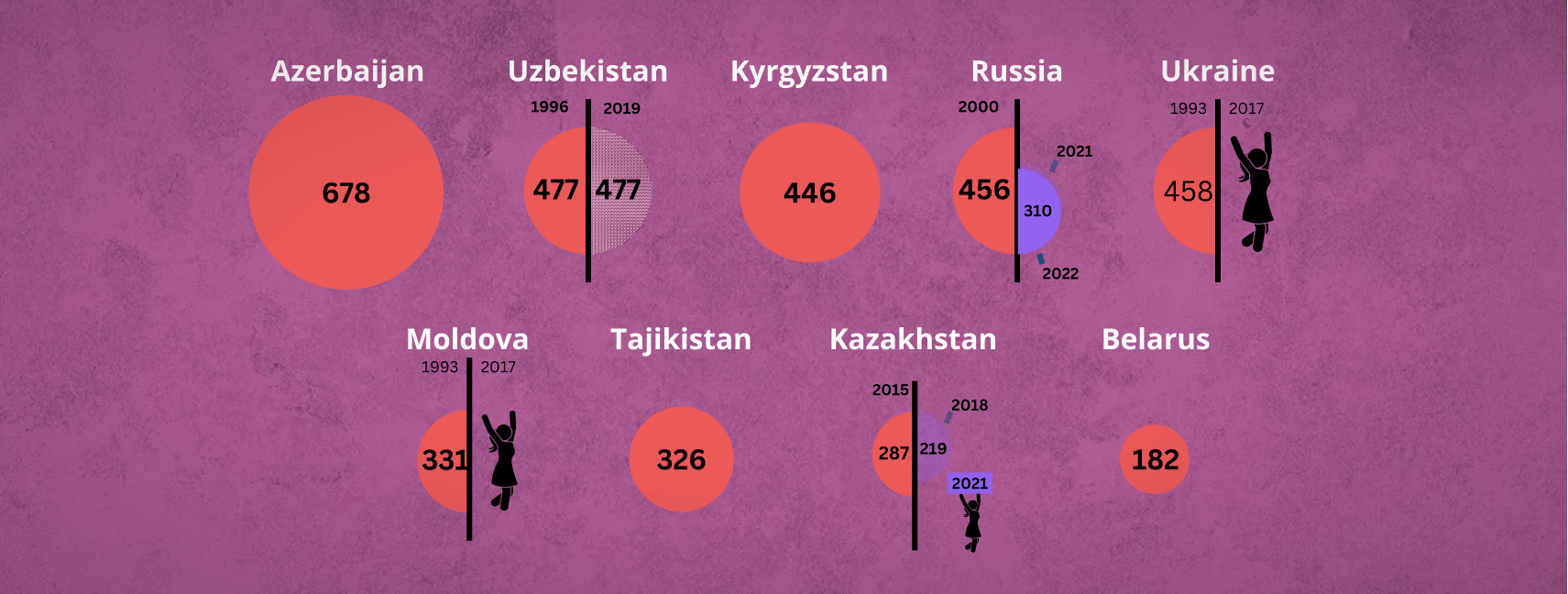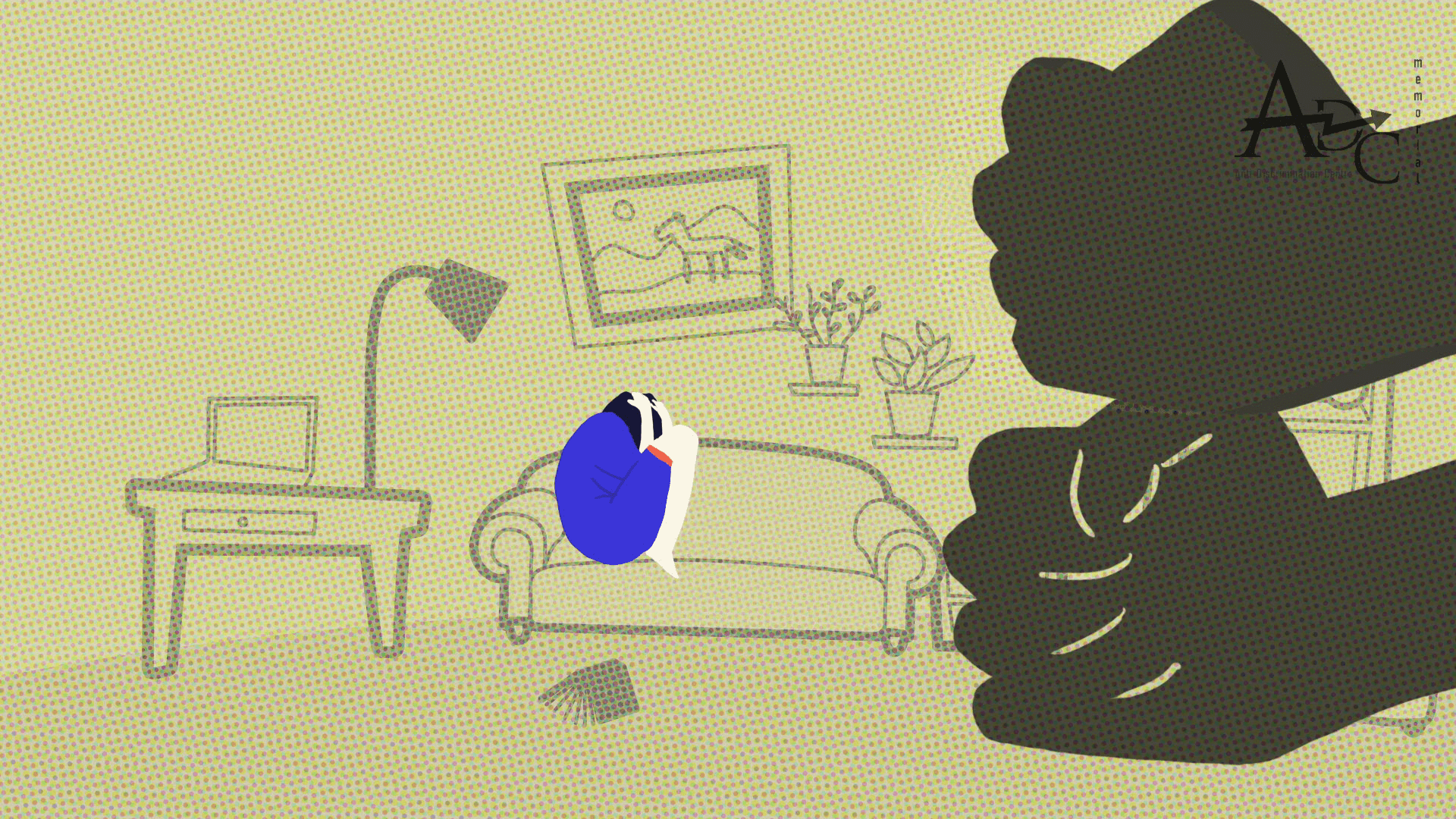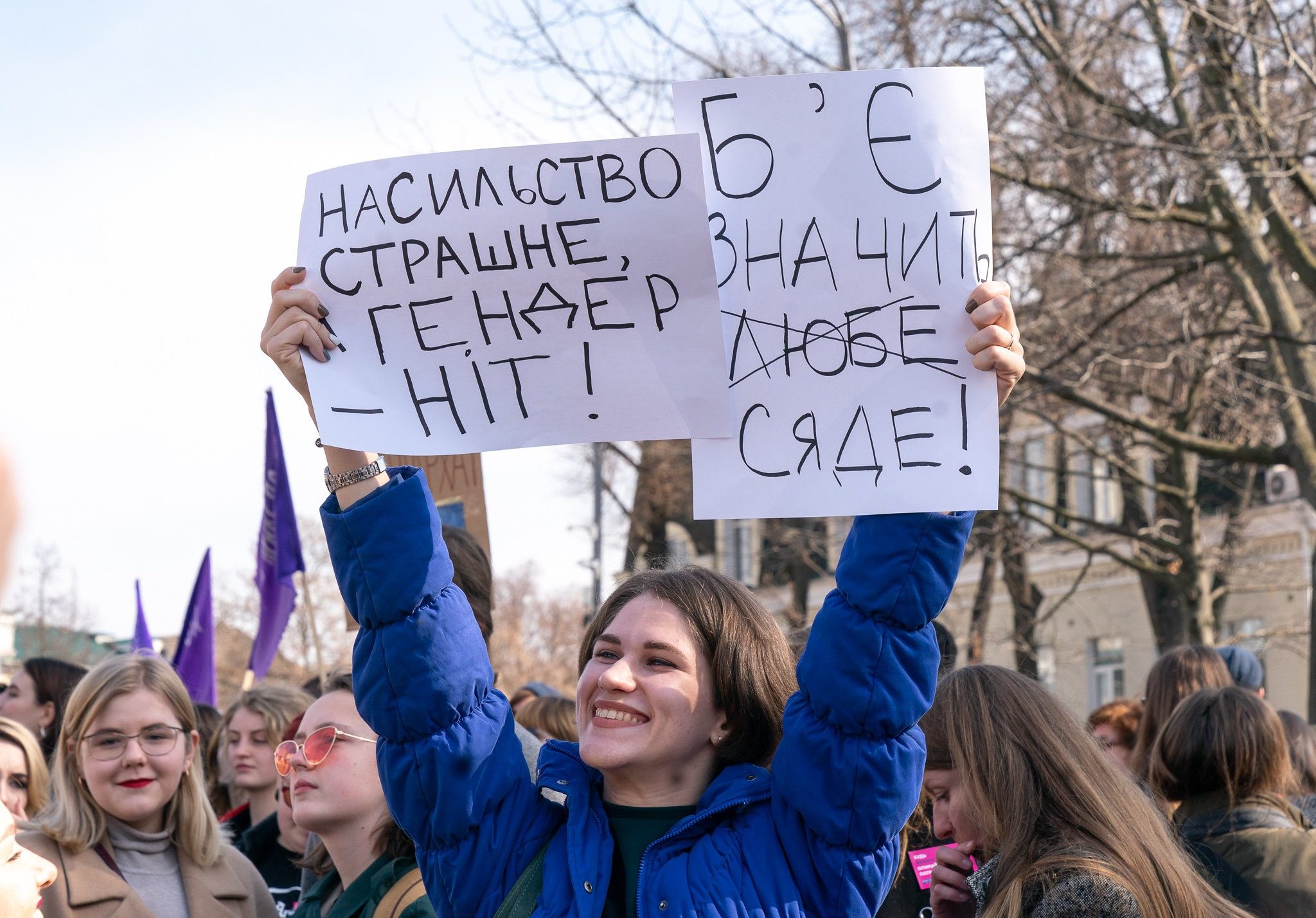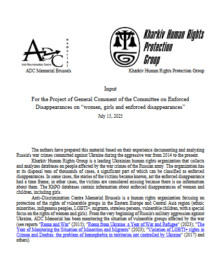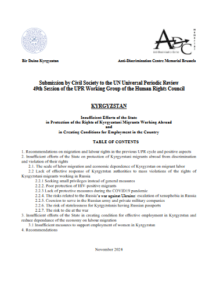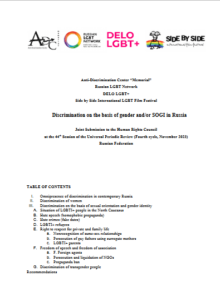The #AllJobs4AllWomen campaign officially launched on March 8, 2017. The goal of the campaign was to achieve the abolition of the lists of prohibited types of work and professions for women in all countries of Eastern Europe and Central Asia and to provoke public discussions around the existence of professions recognized as dangerous for women, that only reinforces discriminatory stereotypes and segregation in the world of work.
During the campaign, the ban on professions for women was lifted in Moldova, Ukraine, Turkmenistan, Kazakhstan and Uzbekistan.
In Armenia and Georgia, references to lists of prohibited professions have been removed from labour codes, but still, there are restrictions on women’s labour. In Armenia, the list of jobs and professions that are harmful to women, minors and people with disabilities has not yet been cancelled, and in Georgia, taking an occupation mentioned in a similar list is prohibited for pregnant and lactating women.
Until now, in Azerbaijan, Belarus, Russia, Kyrgyzstan and Tajikistan, hundreds of professions are legally prohibited for women, including prestigious and highly paid ones. Positive changes have taken place in Russia and Belarus (the list is gradually being reduced), and several countries have announced a reduction (Azerbaijan) and the lifting of bans (Kyrgyzstan).
The largest list of restrictions on women’s labour in the region since 1999 is in force in Azerbaijan – 678 types of work in 38 industries are prohibited there.
A brief overview of changes in the laws of the countries
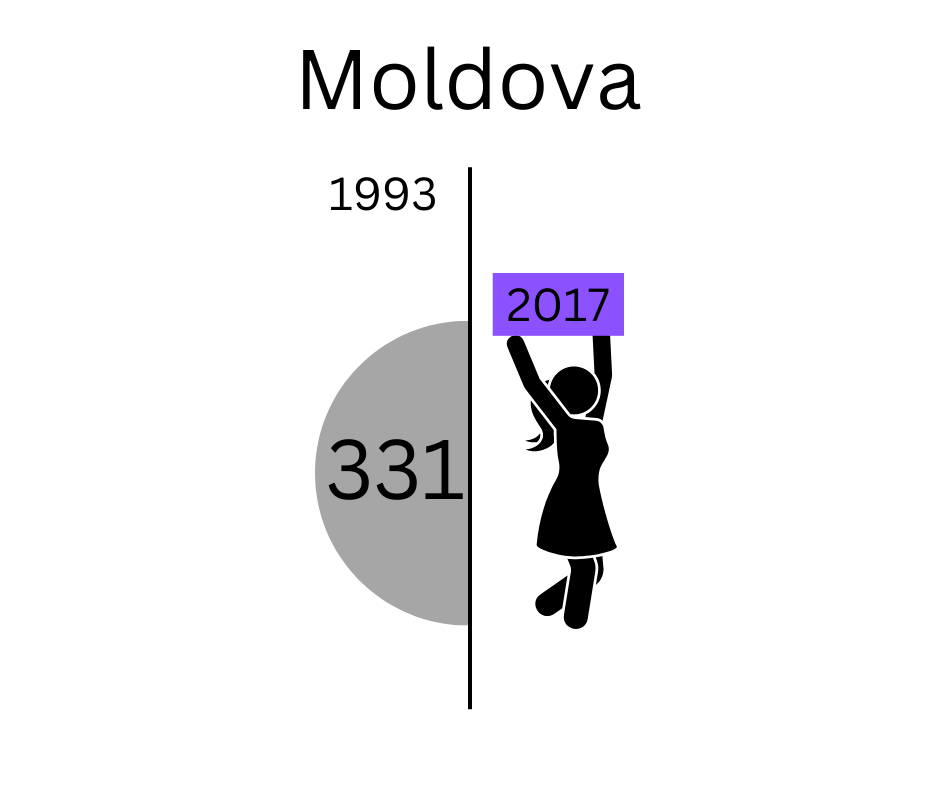
On August 25, 2017, changes to the Labour Code came into force in Moldova. The article on the list of prohibited professions has been excluded from the Labour Code. Unnecessary occupational restrictions for all women have been replaced by protective measures for pregnant, postpartum and breastfeeding women, including their temporary transfer to lighter jobs while maintaining average wages.
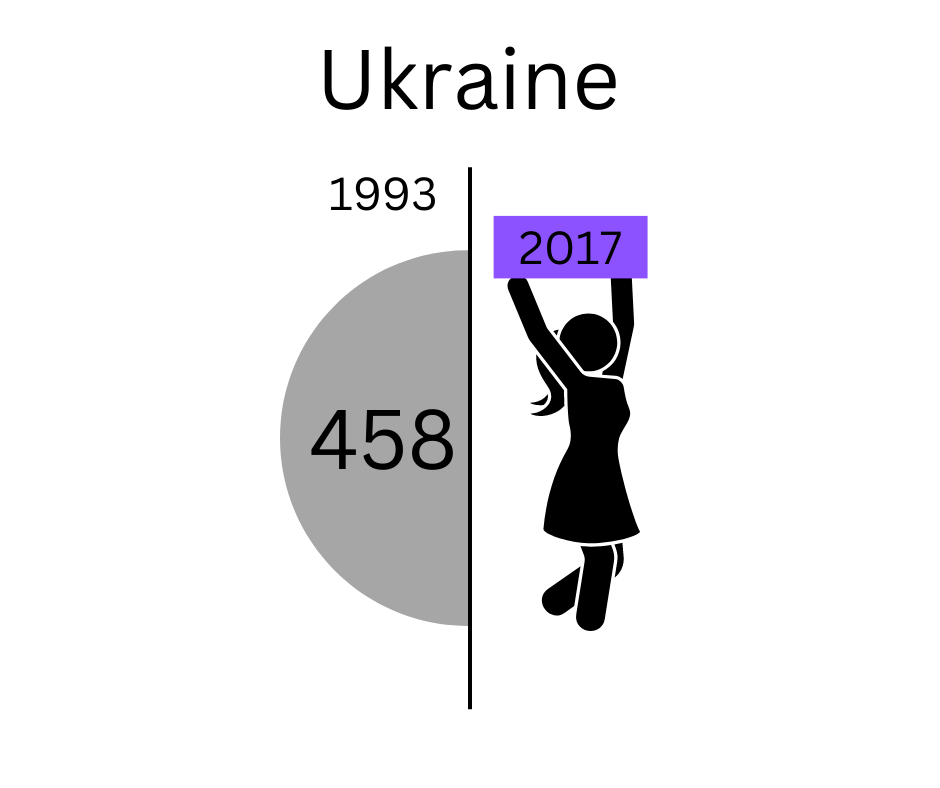
On December 22, 2017, the Resolution of the Cabinet of Ministers of Ukraine came into force, repealing the Decree of the Ministry of Health No. 256 of December 14, 1993, with a list of 450 professions prohibited for women, with the exception of Chapter 3 – mining, which will be cancelled after the denunciation of the ILO Convention No. 45 on the prohibition of the employment of women in underground work in mines of any kind. Articles 175 and 176 still remain in the Labour Code of Ukraine, providing for restrictions in the sphere of work for women at night and during pregnancy, or if they have children under 3 years old.
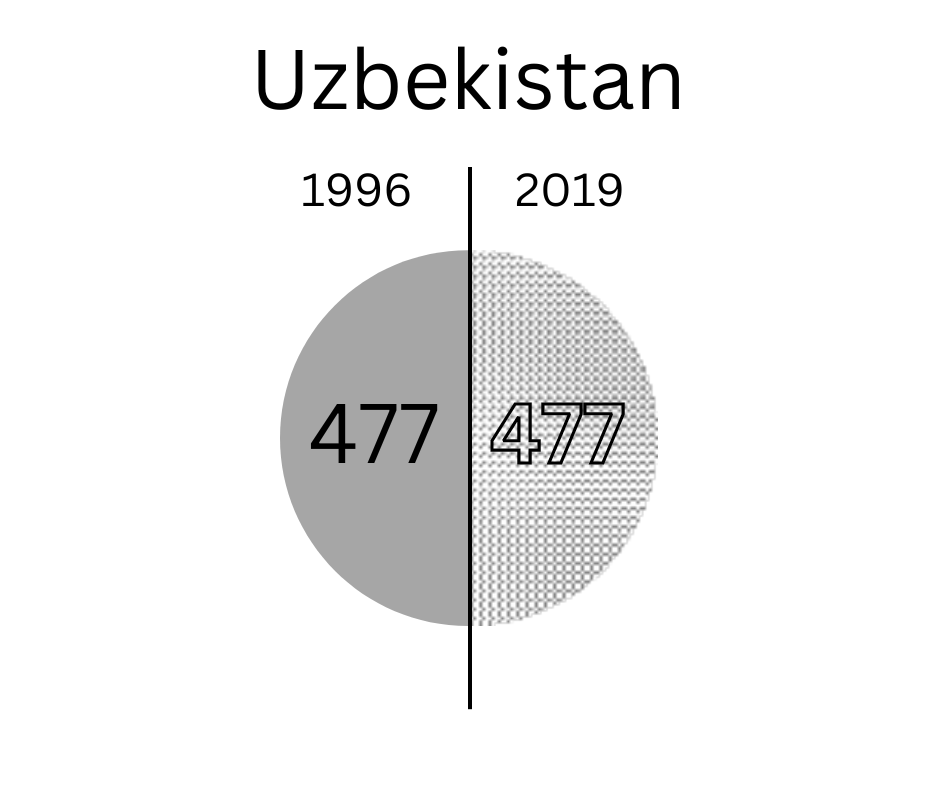
In Uzbekistan, the ban on the employment of women in certain industries or professions, cancelled on May 1, 2019, has acquired a “recommendatory status”, leaving employment in professions that are “not recommended” for women practically inaccessible. In March 2022, the UN CEDAW called on Uzbekistan to revise the list of non-recommended jobs that restricts women’s access to certain professions and jobs; facilitate women’s access to such professions; ensure that any restrictions are proportionate and applied on a case-by-case basis and not indiscriminately to all women. The committee expressed concern that the new “recommendation” list was actually a copy of the old one. At the same time, women make up only 12% of employees in managerial positions, there is a significant difference in the salaries of women and men in the country, horizontal and vertical segregation in the labour market, while access to employment for women from vulnerable groups is complicated.
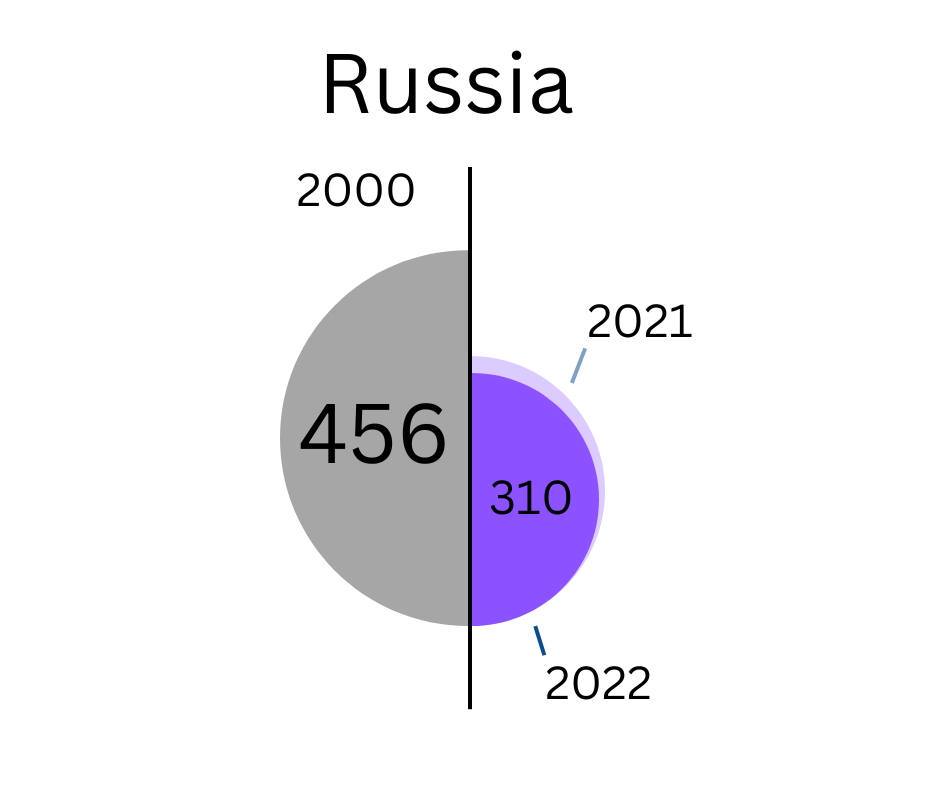
On August 14, 2019, the Russian Ministry of Justice reduced the list of prohibited professions for women by about 100 professions. These changes came into force on January 1, 2021. The list continues to shrink: from March 1, 2022, by order of the Ministry of Labour and Social Protection of the Russian Federation, work as an aviation mechanic (technician) with the airframe and engines, with instruments and electrical equipment, with radio equipment, with parachutes and emergency rescue equipment, with fuel and lubricants and as a wing technician, as an engineer directly involved in the maintenance of aircraft (helicopters) was removed from the list.
According to Russian Railways, in January 2023, two women have already completed their training as electric locomotive drivers (on March 6, one of them, 41-year-old Oksana Sokolova, a mother of three, went on an independent trip), 5 women work as electric train drivers. Women are accepted to study within the training programme for women assistant drivers in Moscow, St. Petersburg and Yekaterinburg.
Since the lifting of the ban, more than 50 women have completed their training as metro train drivers and started working, according to the Moscow Metro. In the St Petersburg metro, there is now one woman driver in training.
At the beginning of December 2022, draft bill No. 251841-8 “On recognizing article 253 of the Labour Code of the Russian Federation as invalid” was submitted to the State Duma of the Russian Federation. It is this article – “Ensuring the protection of women’s health at certain jobs” – that establishes the infamous “list of prohibited professions”, that is, a list of industries, jobs and positions with harmful and (or) dangerous working conditions, in which the use of women’s labour is limited. The exclusion of Article 253 means the complete removal of restrictions for women on the choice of a profession and the possibility of official employment in previously “forbidden professions”. Restrictions on the use of women’s labour in jobs related to lifting and manually moving weights exceeding the maximum allowable for them are also removed. In the explanatory note, the authors of the bill indicated that the bill was developed “in order to eliminate the legal basis for professional and economic discrimination against women” and noted that the existing list of professions prohibited for women limits their ability to earn more income, which leads to lower pension payments for women in the future.
The bill was recommended by the authors for consideration at the spring session of the State Duma, but so far has received only negative feedback from relevant committees. The State Duma Committee on Labour, Social Policy and Veteran’s Affairs, which is responsible for preparing for the first reading in the State Duma, wrote in the conclusion of the bill that “measures taken to protect women in certain types of work, taking into account the physiological characteristics of their bodies, should not be considered discrimination ” (almost verbatim copied from the Occupational Health textbook for 1988). The State Duma Committee on Family, Women and Children also wrote about the inadvisability of discarding lifting restrictions on women’s work, because “women, being involved in hard or hazardous work, will thus worsen their reproductive health, as well as reduce their social security, which in turn will have a negative impact on the demographic situation in our country.”
There is no data yet on whether the State Duma will accept the bill for consideration even in the first reading.
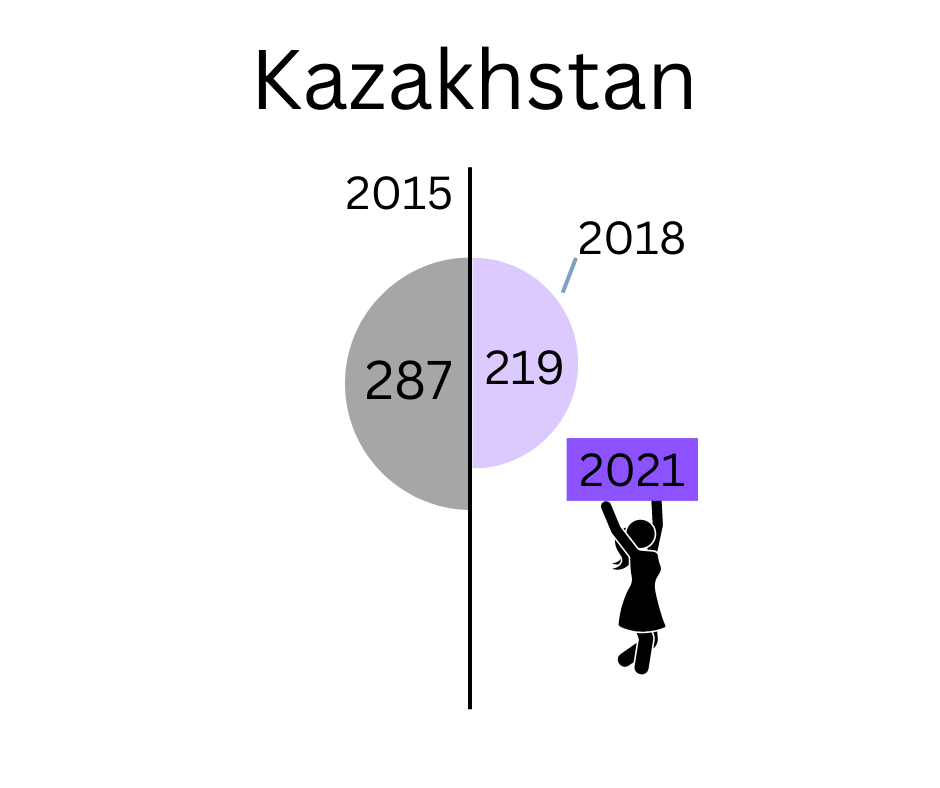
On October 12, 2021, the President of Kazakhstan signed the Law “On Amendments and Additions to Certain Legislative Acts of the Republic of Kazakhstan on the Issues of Social Protection of Certain Categories of Citizens”, excluding restrictions on the employment of women from the Labour Code. As a result, the Labour Code of the Republic of Kazakhstan no longer mentions “forbidden professions”, although, in Article 16 of the Labour Code, there is a mention of the maximum norms for lifting and manually moving weights by women.
Aigerim Kamidola, a lawyer and human rights activist, notes:
“According to my observations, both the state and civil society have treated the legislative repeal of the ban as an end in itself, while legislative repeal is only the first step towards ensuring equal labour rights for women. In an interview after the cancellation of the list, Almagul (a heavy truck driver who campaigned to lift the ban on professions for women) admitted to me that there were no actual changes, and this makes it clear that labour discrimination persists.
A whole year has passed since the abolition of the list of professions prohibited for women. To this day, the state has not done real work to ensure that women are no longer discriminated against while being employed in “permitted” professions. The book “Свободные в своем выборе” (Free in Their Own Choice) offers a range of measures that could help governments understand what next steps they could take on this issue. First of all, you need to conduct a large information campaign. It is necessary to talk about changes in the labour code and women’s rights, taking into account the changes. This will help to eradicate stereotypes about women and reduce the level of labour discrimination. Carrying out a gender analysis of textbooks and collecting statistics on the employment of women in “permitted” professions are necessary points for the eradication of stereotypes associated with “non-female professions”. The allocation of quotas, grants, and mentoring programs for women workers could also help expand women’s employment opportunities in these occupations.”
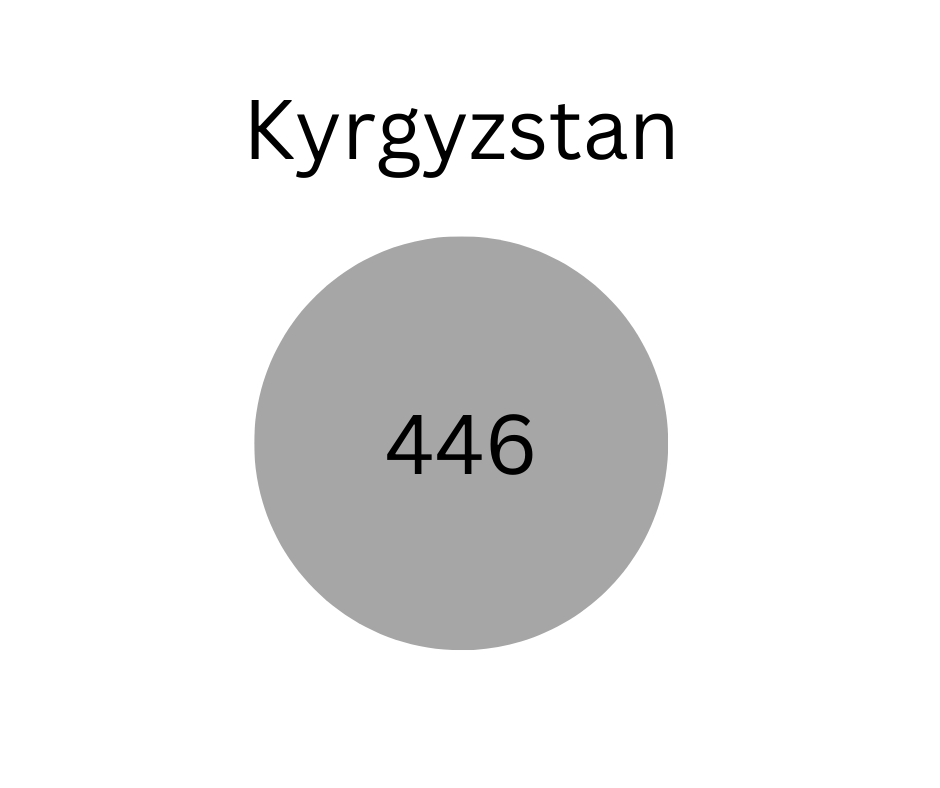
In November 2021, at the 80th session of the CEDAW, representatives of the state delegation of Kyrgyzstan expressed their readiness to reconsider the restrictive approach to the work of women and make gender equality a priority principle of state policy in the field of labour. In its Concluding Observations following the session, the Committee recommended amending articles 218 and 303 of the Labour Code establishing occupational prohibitions for women, revising the list of prohibited jobs (Government Decree No. 158 of 24 March 2000), facilitating women’s access to such occupations and ensuring proportional and individual approach regarding any professional restrictions.
A year ago, on the eve of March 8, 2022, the Ministry of Labour, Social Security and Migration prepared a draft legal act on the abolition of the list of professions prohibited for women: “The list of jobs was adopted in 2000, and after 22 years, due to social and economic changes in the country, as well as with the introduction of new technologies, certain types of work have gone out of the scope of work related to difficult, harmful and dangerous working conditions, and, therefore, have lost their relevance.” During the year, there was no progress in the abolition of the list of prohibited professions.
Last week, the Ministry of Labour, Social Security and Migration of Kyrgyzstan submitted for public discussion the draft bill “On the Ratification of Convention 190 of the International Labour Organization on the Elimination of Violence and Harassment in the World of Work” (2019). Ratification of this Convention will minimize and subsequently eliminate violence and harassment in the field of labour relations. If the project is approved, Kyrgyzstan will become the first country in Eastern Europe and Central Asia region to ratify the Convention.
June 2022. The authorities of Azerbaijan and Belarus announced a reduction in the list of prohibited works (from 678 to 241 in Azerbaijan and from 181 to 90 in Belarus). The reductions concern professions that, due to technological development, no longer pose a risk to women’s reproductive health.
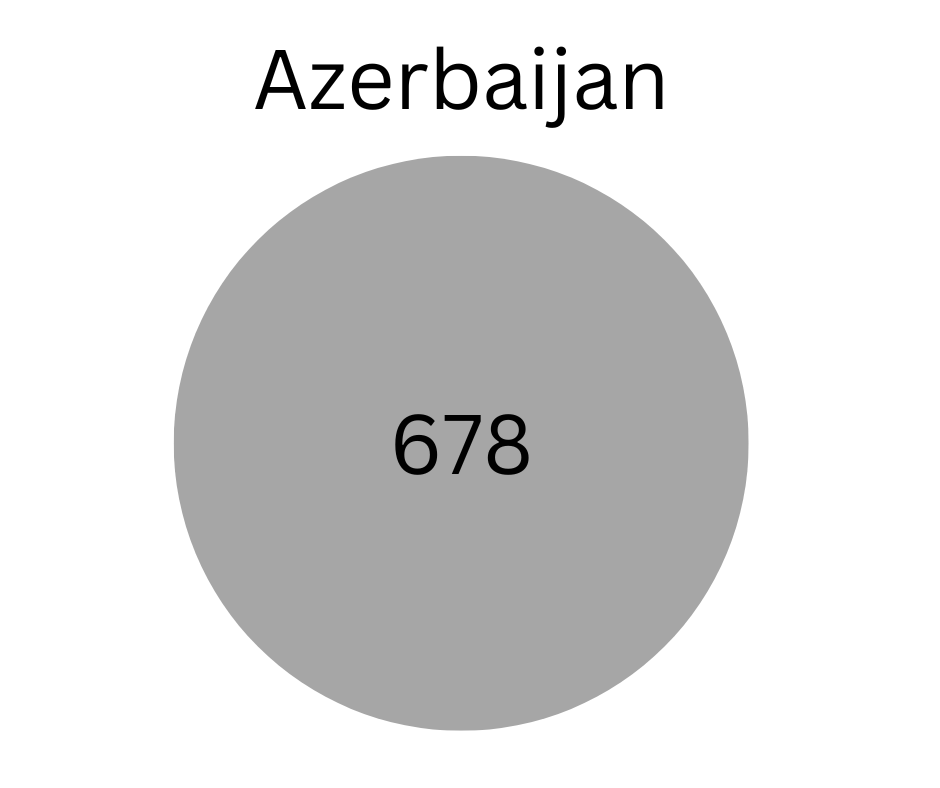
After considering the state report of Azerbaijan at the 82nd session (June 15-16, 2022), the UN CEDAW recommended the complete abolition of occupational bans, encouraging the employment of women in previously prohibited jobs, and applying labour restrictions only in specific cases. The social platform Gender Hub Azerbaijan, which defends women’s rights, has joined the #AllJobs4AllWomen campaign and is developing advocacy for gender equality in the world of work, including advocating for the abolition of the list of jobs prohibited for women in Azerbaijan.
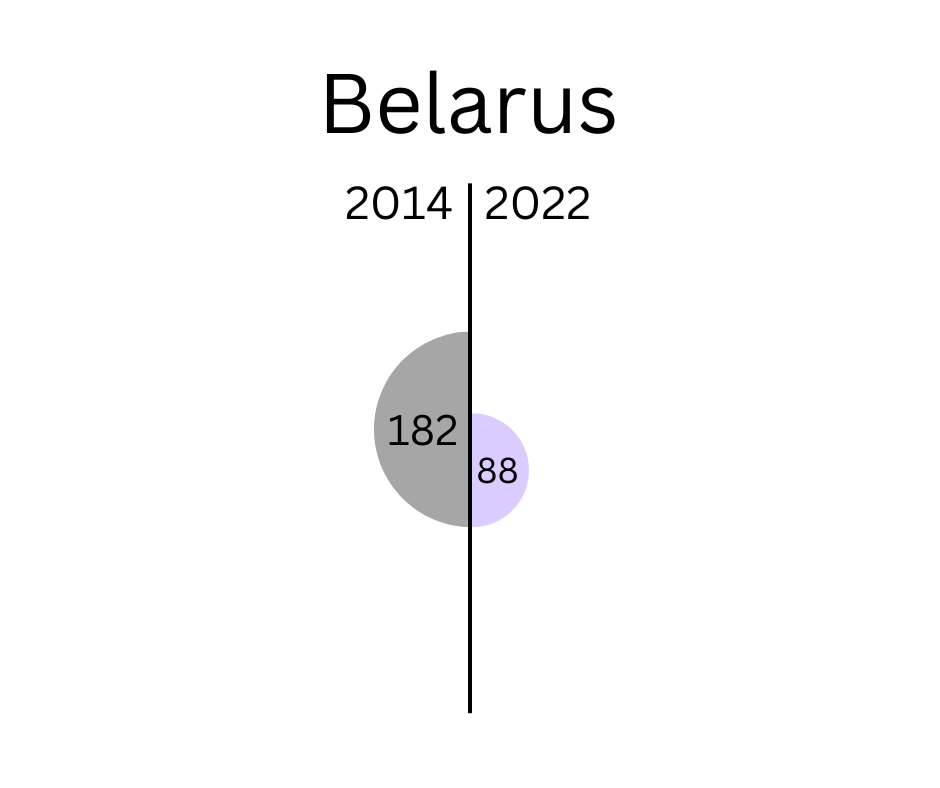
On June 3, 2022, during a meeting of the National Council on Gender Policy under the Council of Ministers of the Republic of Belarus, representatives of the Ministry of Labour and Social Protection once again announced their joint work with the Ministry of Health to reduce by about half the list of 181 hard jobs and jobs with harmful and (or) hazardous working conditions, which prohibits the involvement of women in labour. Plans to reduce the list of prohibited professions have been announced by the authorities of the Republic of Belarus about once every six months for the past five years. Almost all public organizations and media outlets that raise the issue of the discriminatory character of the list were outlawed: they were liquidated or declared extremist in the summer and autumn of 2021 during the mass repressive campaign of the authorities against civil society organizations. The Center for the Promotion of Women’s Rights in Belarus “Её права” (Her Rights), together with which ADC Memorial prepared a report “Discrimination against women in Belarus in the labour sphere” for the UN CEDAW in 2016, was also liquidated.
On 24 June, Decree No. 35 of the Ministry of Labour and Social Protection of 6 June 2022 came into force, according to which the list of hard work and work with harmful and (or) hazardous working conditions in which women are prohibited to work has been reduced to 88 types of work.
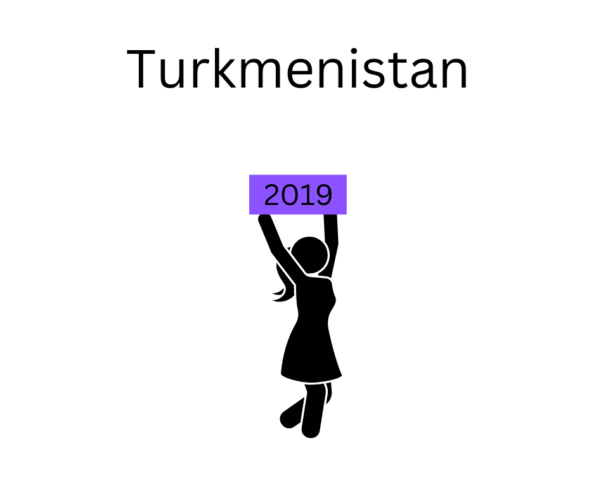
By Act No. 128-VI of 02.03.2019, paragraph 1 of Article 243 of the Labour Code of Turkmenistan of 18 April 2009 has lost its force. It previously read:
The use of women’s labour in work with harmful, particularly difficult working conditions, except for non-physical work or sanitary and domestic service work, shall be restricted. The list of jobs with special (harmful or particularly difficult) working conditions in which the use of women’s labour is restricted is established by the specially authorized body referred to in Article 404, Paragraph 1, of the Labour Code, Turkmenstandartlary State Inspectorate and the Ministry of Health and the Medical Industry of Turkmenistan.
Information on the specific list of harmful and dangerous jobs, professions, and positions banned to women in place in Turkmenistan until 2019 could not be found in open sources.
Still in force is the restrictive Article 242. Jobs in which the employment of women’s labour is prohibited:
1. It is prohibited to engage pregnant women in night work, overtime work, work on weekends, non-working holidays and memorial days, as well as sending them on business trips.
2. Women may not lift or move by hand weights exceeding the maximum standards approved by the specially authorized body referred to in Article 404, Paragraph 1, of the Labour Code, Turkmenstandartlary State Inspectorate and the Ministry of Health and the Medical Industry of Turkmenistan.
The protective articles of the Labour Code (Chapter 1 of Section XIII) on the regulation of the labour of women and other persons with family responsibilities have stayed in force. These include guarantees for pregnant women and women with children upon admission to employment and termination of the labour contract; shorter working hours for pregnant women working in agricultural occupations; nursing breaks; transfer to a lighter job for pregnant women with the same salary as in the previous job; prohibition to engage in night work, to work overtime, to be sent on business trips without written consent, etc… The guarantees and benefits granted to women in connection with maternity extend to fathers bringing up children without a mother or carers.









 Feedback
Feedback 